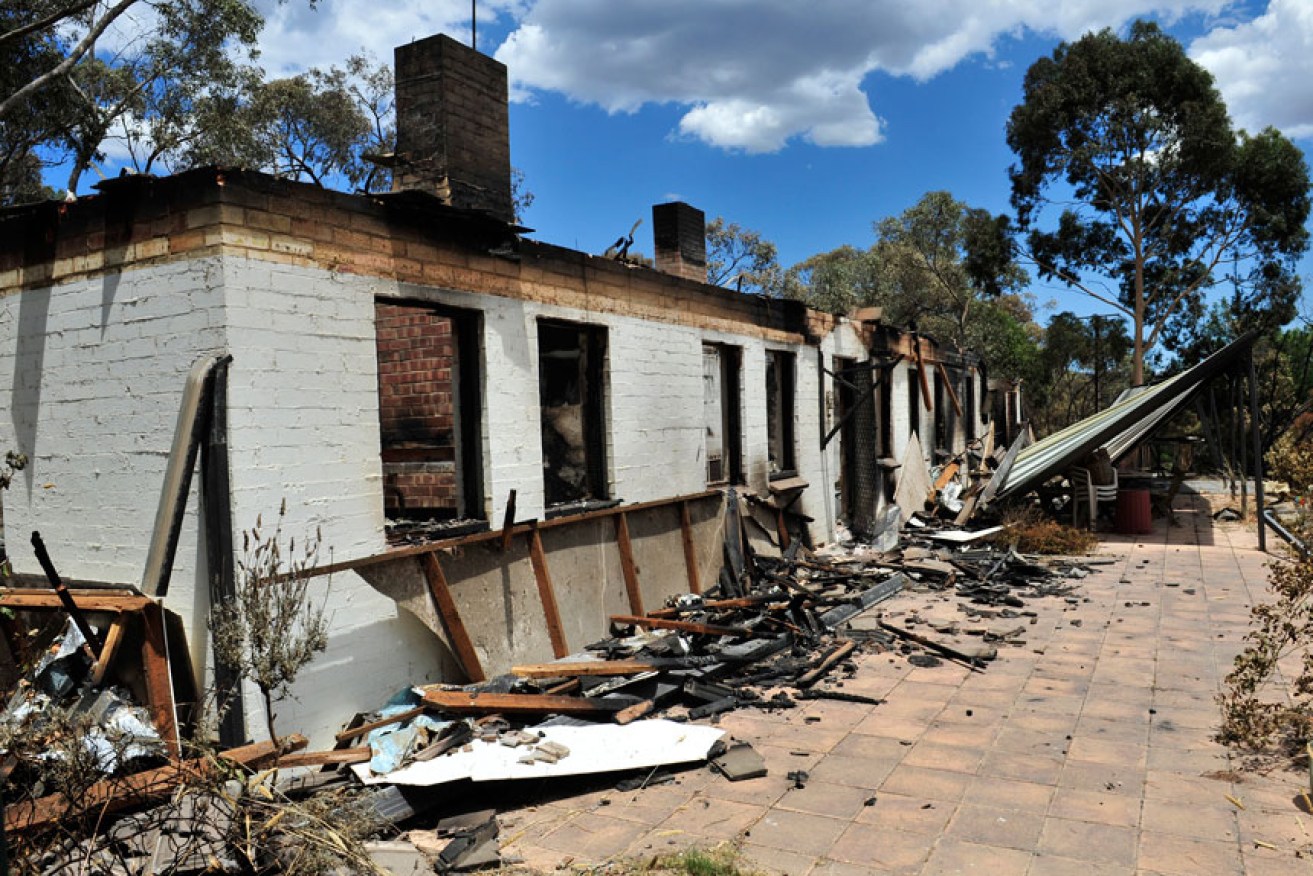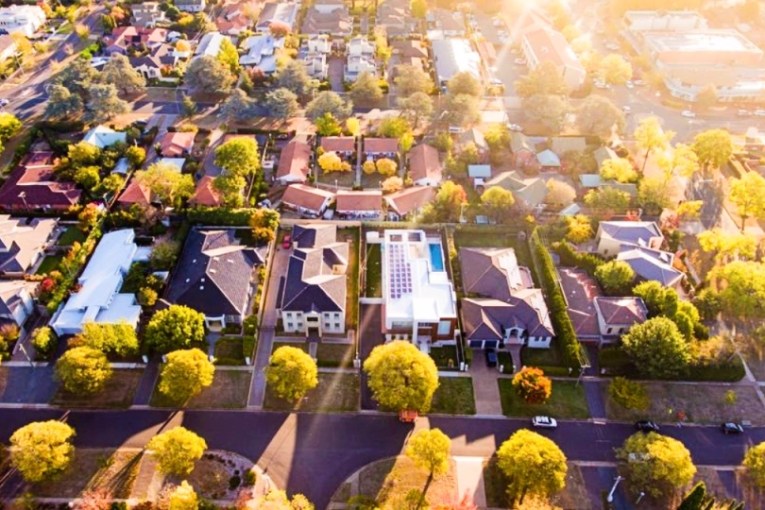Why the PM’s overseas mission was a PR failure


AAP
COMMENT
South Australians could be forgiven for thinking they are little more than an afterthought for Prime Minister Tony Abbott right now.
Even though they have endured a terrifying week-long bushfire that thankfully didn’t result in any human fatalities, Adelaide Hills bushfire victims have barely received a word of comfort or support from the PM – and only on Thursday will they be graced with a visit by him to inspect the damage.
• PM to visit Adelaide Hills fireground
• SA bushfire victims ‘burned by Sunrise’
• Bushfires are 95 per cent contained
It seems that until now our volunteer rural firefighting prime minister, who personally contributed to the effort to contain NSW bushfires in 2013, just hasn’t been able to find the time to express sympathy for those affected by the ordeal – not for the scores of firefighters injured, the volunteer Country Fire Service colleagues who lost their homes while protecting others, or the members of the public who also lost homes and property as well as cherished pets.
Instead, the PM seemed more preoccupied with his latest overseas tour, this time to the United Arab Emirates along with a side trip to visit Australian troops in Iraq.
In political PR terms, it may have superficially made more sense for Mr Abbott to be seen mingling with our boys and girls in the dusty barracks of Baghdad than visiting the fire zone.
Voters seem to think more favourably of Mr Abbott when he dons his Protector of the Realm mantle.
In contrast, not only does the SA bushfire present less PR value, it has the potential to expose the PM to uncomfortable questions about climate action and even less welcome accusations of him exploiting the disaster for political gain.

Tony Abbott at a press conference in Baghdad with Iraqi counterpart Haider al-Abadi. Photo: AAP
However, this PR paranoia has spectacularly backfired. In deciding to first keep his international commitments instead of facing the problematic reputational implications of a still-raging bushfire, Mr Abbott has ended up taking a two-fold hit to his credibility.
The first bout of reputational damage came from the decision to omit Australian media representatives from the prime minister’s travelling party when he visited Iraq. Such a decision was an unexpected departure from the usual practice of taking along a small team of journalists and camera crew who “pool” and then share the news they’ve gathered with other media organisations.
Security concerns, which have since been rejected by experienced foreign correspondents, were cited by the PM as the reason for the media lockout. But it’s more likely this was another overzealous attempt to present Mr Abbott in the best light possible.
The Australian journalists who were left cooling their heels in Dubai had no choice but to use video footage, photos and transcripts of the events that took place in Iraq – all of which were produced and vetted by the PM’s office.

A burnt house in Adelaide Hills. Photo: AAP
The journalists were also prevented from asking questions of the Iraqi Prime Minister when he appeared at a joint ‘press conference’ with Mr Abbott about the state of his country after the US intervention. And there was no opportunity for the media to inquire what serving ADF personnel thought about Jacqui Lambie’s fight to protect their wages.
This deliberate strategy to avoid media scrutiny is a huge reputational issue for Mr Abbott. As a former journalist and media adviser he knows better than most politicians how important it is to maintain at least a cordial relationship with the media, and as Opposition Leader he leveraged media antipathy for Julia Gillard to devastating effect.
He can’t risk exposing himself to a similar threat.
Media organisations may have grudgingly used the footage from the Iraq visit – in most cases labelling it as an official video – but it’s likely they will push back harder if this one-off occurrence becomes the norm.
Meanwhile, the PM’s credibility has also taken a beating on social media over his lack of presence in South Australia, and it’s likely this storm of outrage is responsible for provoking the belated visit.
It was pleasure to visit Sheikh Zayed Grand Mosque in Abu Dhabi. pic.twitter.com/dflAEOdzsE
— Tony Abbott (@TonyAbbottMHR) January 6, 2015
It is clear South Australians believe the PM doesn’t think much of the state, demonstrated by his lack of concern over local job losses from car manufacturing and defence ship-building industries.
Four or five days in, Tony Abbott still appears not to have noticed that the country of which he is Prime Minister is on fire.
— Kerryn Goldsworthy (@AdelaideBook) January 5, 2015
In return they have shunned the Coalition at the ballot box, firstly by retaining the 12-year-old Labor government at the recent state election, and then by increasingly telling pollsters they will vote Labor at the next federal election too.
Mr Abbott’s deliberate or accidental shunning of South Australia at this time of heightened community anxiety has exacerbated his credibility problem, and this belated visit will do nothing to reverse the problem.
Up until now, three federal seats in SA were considered to be at risk because of the PM’s unpopularity.
Thanks to PR paranoia and Mr Abbott’s poor sense of priority, the PM’s tumbling credibility may well put even more seats up for grabs.







